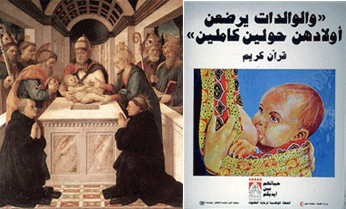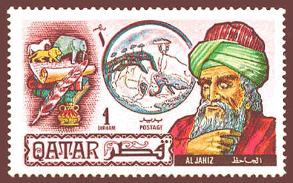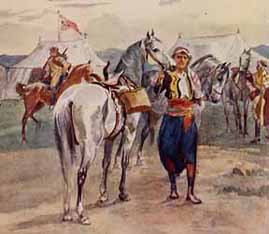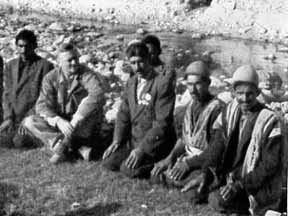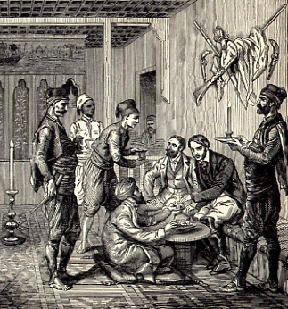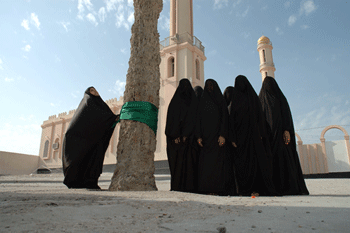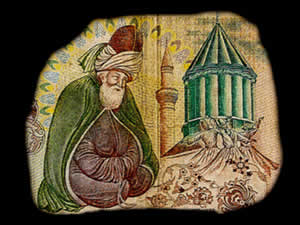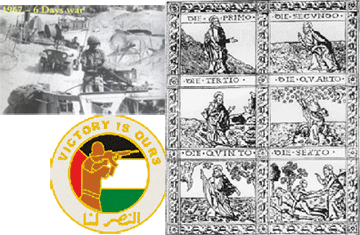
Quick, here’s a trivia question. How long did it take God to create the world, according to the book of Genesis? Six days, of course. If you miss this one, you may have been brought up in the backwaters of the Amazon, although it would not be the fault of Christian missionary translators who have tried to undo God’s rash Babeling of tongues to get the Bible into every known tongue. But what’s a day? Before the scientific revolution sealed by Darwin, the ordinary 24-hour variety day posed few problems for the devout. Once it seemed that the world must be older than Bishop Ussher’s supposed official date of 9 AM on October 23, 4004 BC, seeds of doubt grew into Enlightenment-nurtured forests. But is nothing sacred? it turns out that poor Bishop Ussher never ordained that God slept in late on Day One; the distinction of 9 AM goes to a certain Dr. John Lightfoot. But there’s still the problem of how to define a day, especially in a creation scenario in which the creation of light precedes the sun, moon and stars. Theologians in retreat (as distinguished from those who remained, and still do so, in denial) resorted to a semantic salvation of the scriptural record, arguing that with God a day is the same as a thousand years.
Tomorrow, June 5, is the 40th anniversary of a modern event on Holy Land soil of biblical proportions: the Six-Day War of 1967 in which Israel expanded its borders, took total control of Jerusalem and embroiled the region in the plight of the Palestinians. It only took six days for the overmatched armies of Egypt, Jordan and Syria to be effectively eliminated and since that war there has been little doubt that Israel as Zionist-revived David to a disorganized Arab Goliath lies only in myth. Only six days, but how long is a day? Continue reading Six Biblical Days of War →
